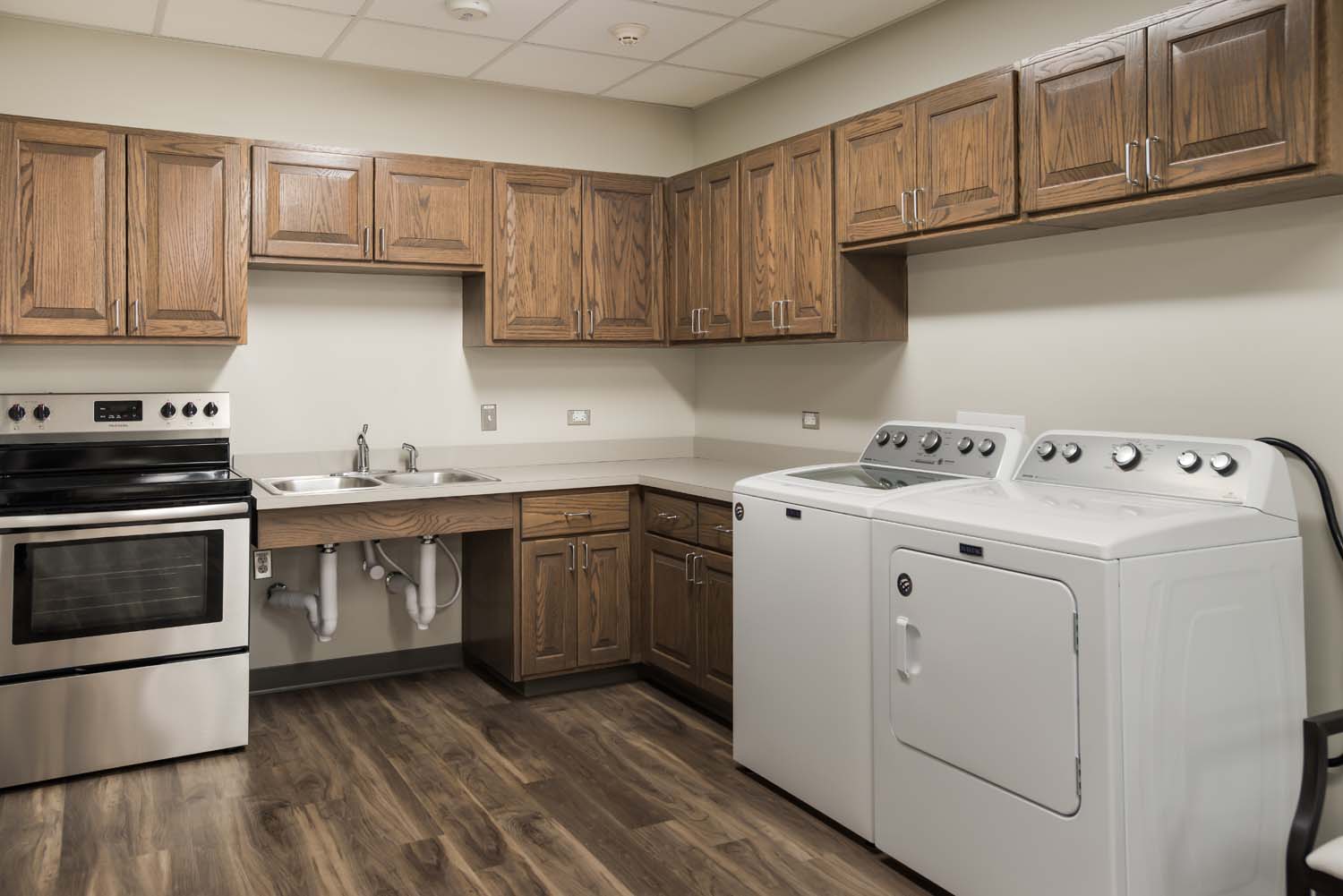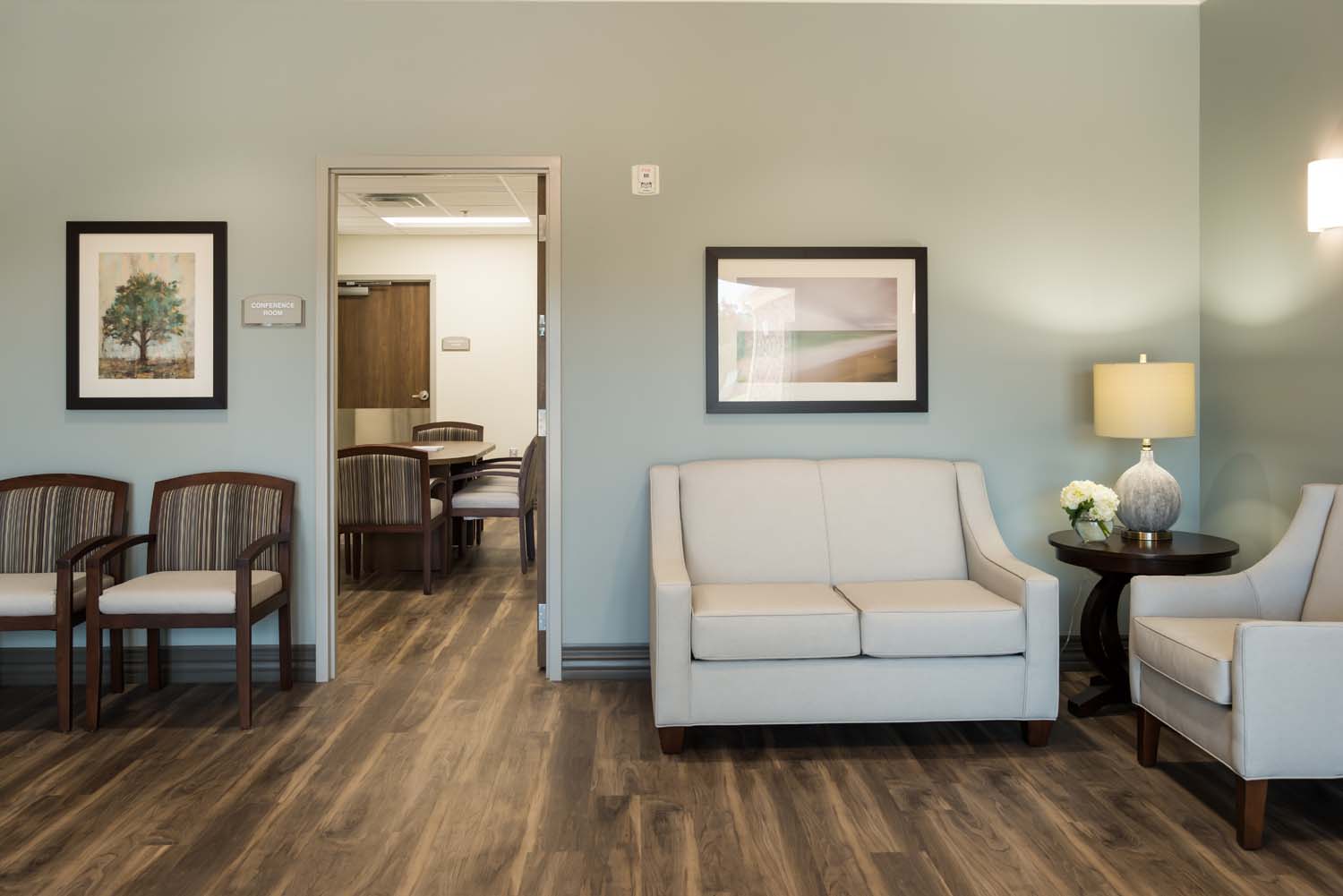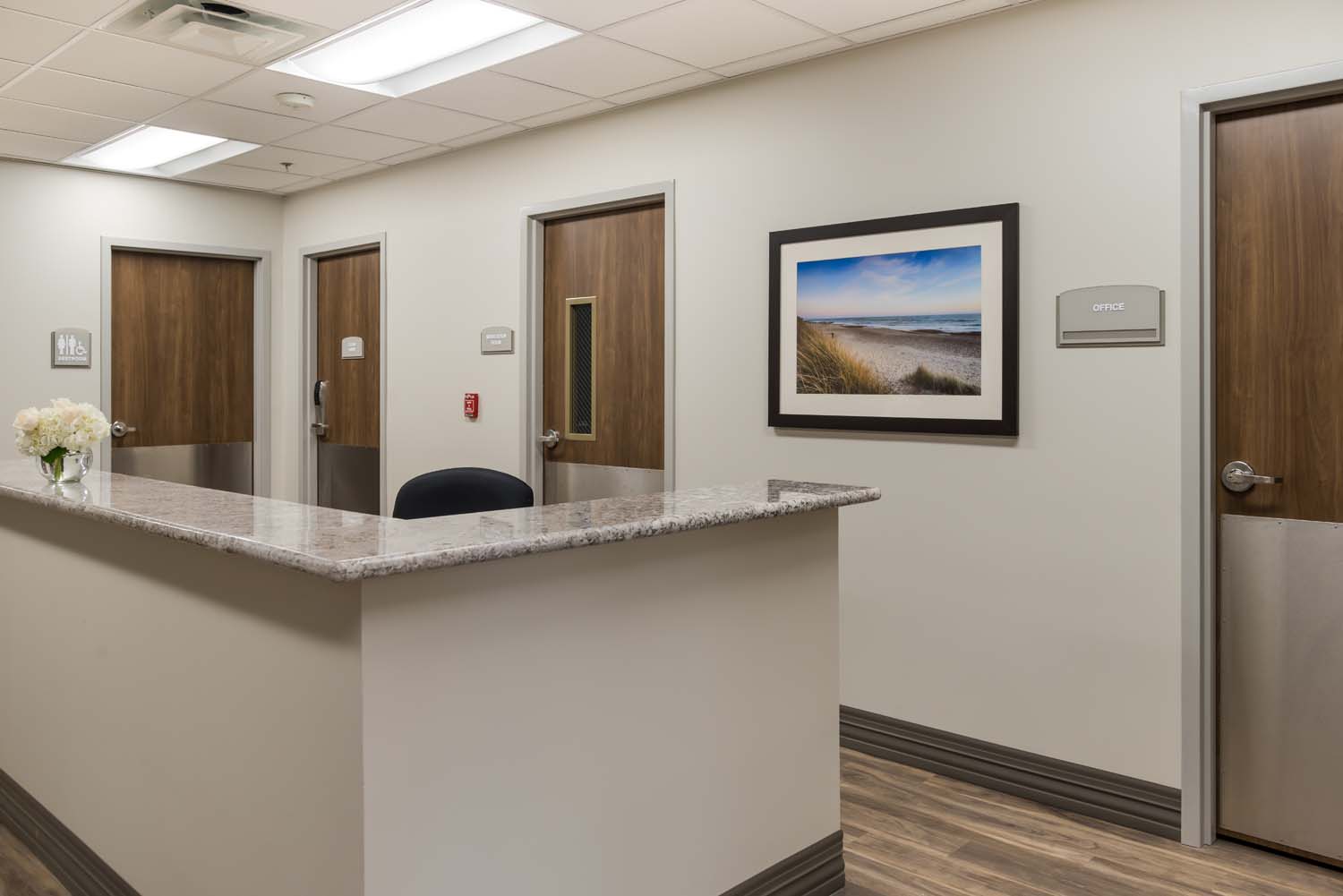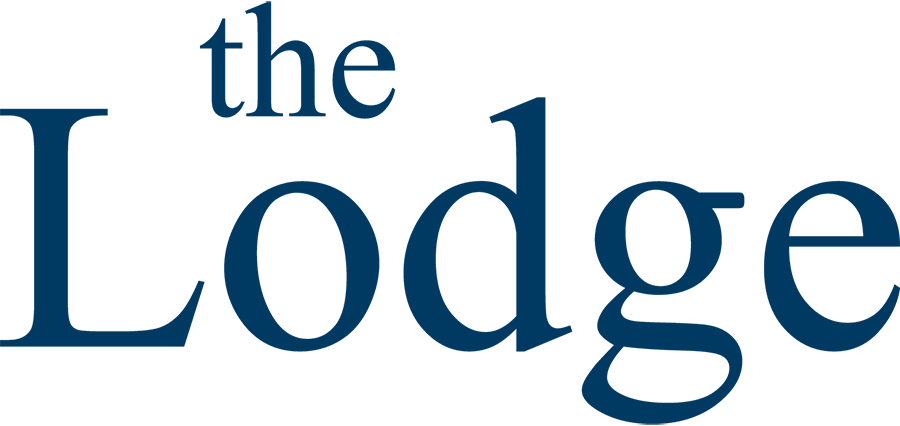Occupational Therapy
Occupational therapy helps individuals overcome illness, injury or psychological problems in order to live independent, productive and satisfying lives.
Through work, self-care and recreational activities, occupational therapists help patients increase independent function and get back to daily activities such as dressing, toileting and bathing. Occupational therapists are skilled in making recommendations for adaptive equipment as patients prepare to return home. Therapists utilize a variety of treatment methods including education, practice of daily activities and strengthening exercises.




Advanced Technologies, Programs and Techniques
OmniCycle Therapeutic Exercise System, providing upper and lower-extremity biofeedback driven exercise options for patients with varying physical and functional limitations
NeuroSage technology and equipment enabling the brain and the body to work synergistically via a process called Systemic Neural Adaptation
Free weights for traditional motor strengthening, coordination and neurological re-education
Ultrasound for deep tissue heating to minimize muscle pain and movement dysfunction, with customized clinical protocols and pathways unique to each patient
Multiple electrical stimulation interventions and moist heat application to address several areas including pain management, poor motor control, muscle strengthening and motor re-training
Diathermy to deliver and moderate heat directly to pathological legions in deep tissue
Adjustable hi/low mats to simulate various functional transfers (including car) to prepare for either return to home or to decrease fall risk for in-facility transfers
Parallel bars
Stair and step platforms with and without rails to simulate various home and community environments and increase independence and safety awareness with functional mobility
Laundry, including fully functional washer and dryer station
Fully equipped kitchen, including appliances such as stovetop, oven and dishwashing station
Pet therapy for improvements with social and cognitive functioning
Bathtub set up with transfer bench and handheld shower
Adaptive equipment assessments and trainings to increase independence with eating, drinking, writing and various activities of daily living with emphasis on strategies to assist with grasping, pinching and opening / closing various containers and retrieving common household objects
Dementia Capable Care Certifications obtained by all staff and therapists
Getting Started
1. Contact Us
Let your Case Manager at the hospital know that you are interested in The Lodge. The Case Manager will contact our Admissions Coordinator and forward your information for review. Our Admissions Coordinator will be in contact with you or your family to discuss our community, availability, approval process, and payment options. Your medical information will be reviewed by The Lodge’s Nursing Department to ensure we can meet your healthcare needs. Our Business Office will verify insurance coverage if applicable.
2. Visit With Us
A representative from our facility may visit you in the hospital. Our Admissions Coordinator will also schedule your tour of our community.
3. Plan Your Arrival
Upon approval for admission to our community, our Admissions Coordinator will contact you or your family and the hospital Case Manager to discuss discharge planning.
4. Utilize Our Transportation
Transportation will be provided by The Lodge.
5. Provide Information
Upon admission, the following items will be requested:
- Insurance cards
- Power of attorney
- Living will
- Financial information such as bank statements
Contact Us
